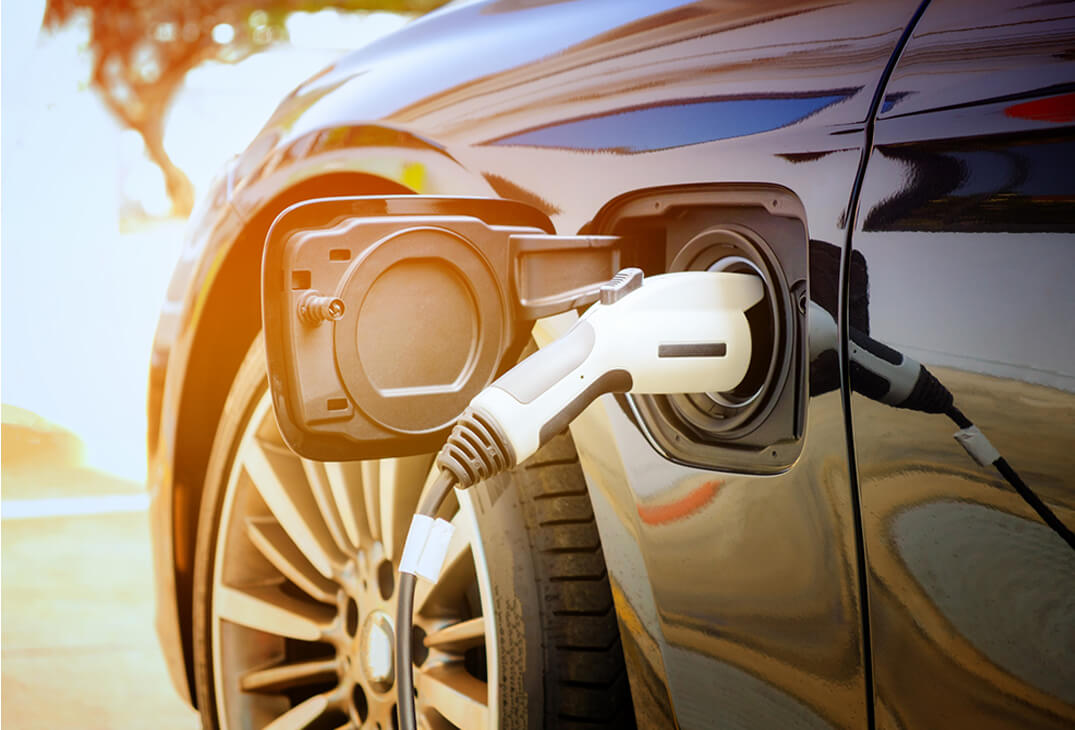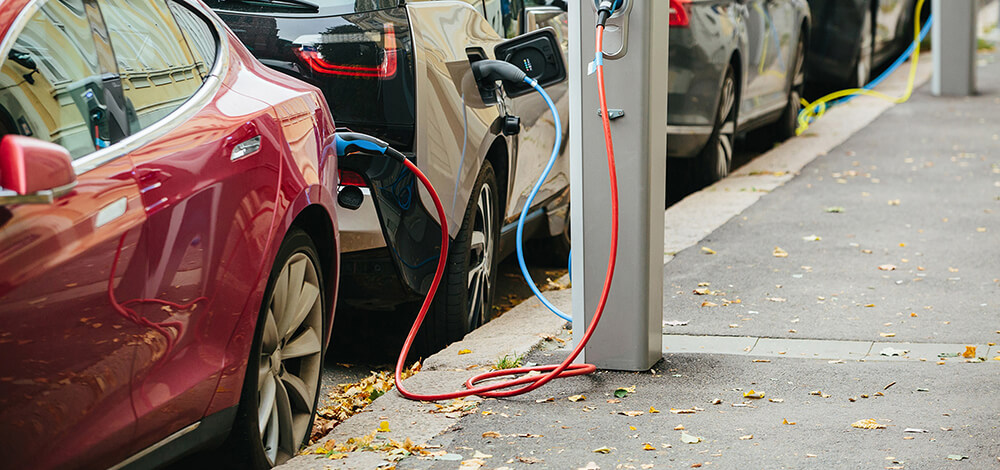Menu
Menu

Find out more information about EV technology and infrastructure in Cross County Connection’s EV Primer, EV Resource Guide and SJ EV Map.



Copyright © 2023 Cross County Connection TMA. All Rights Reserved.